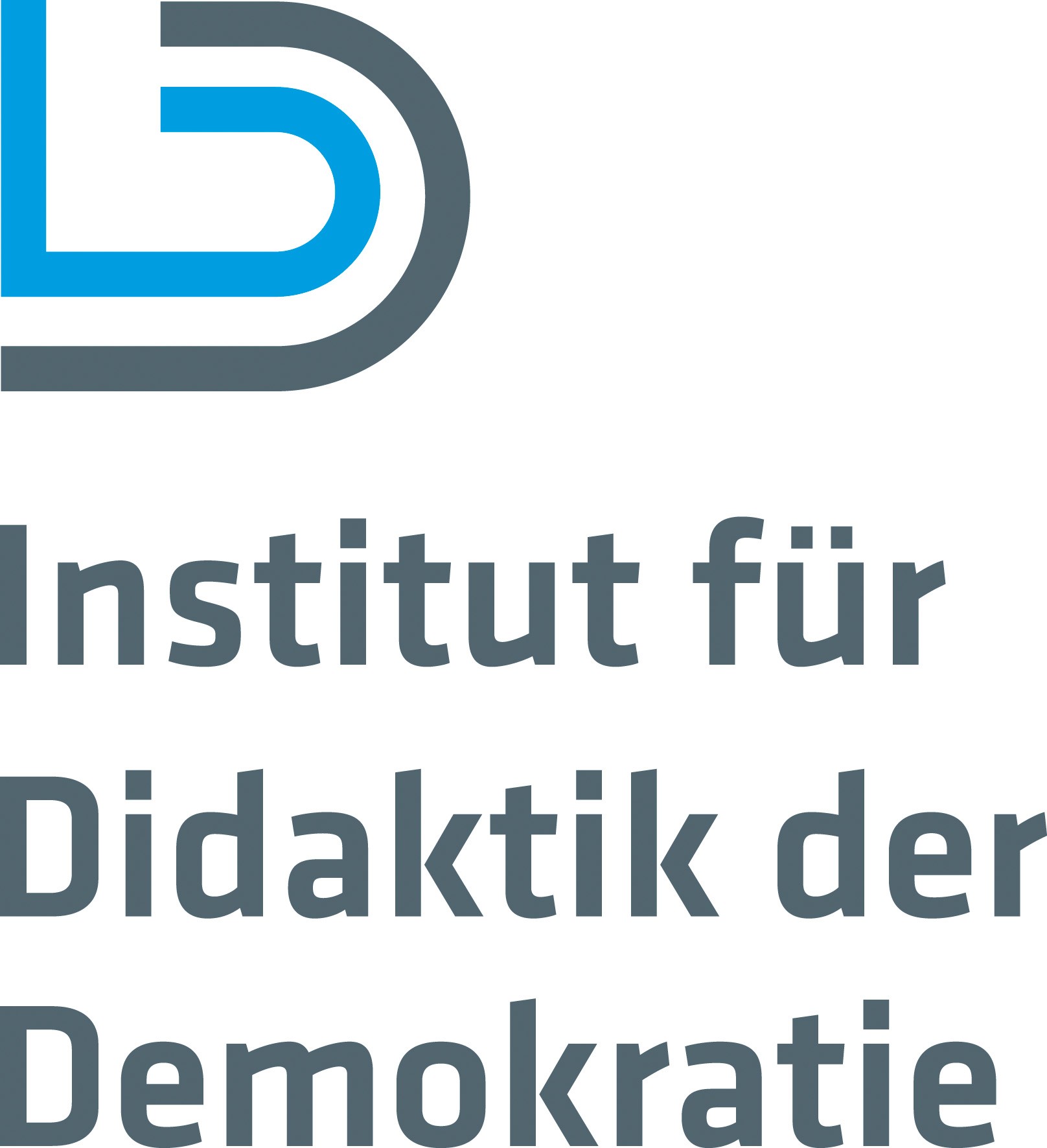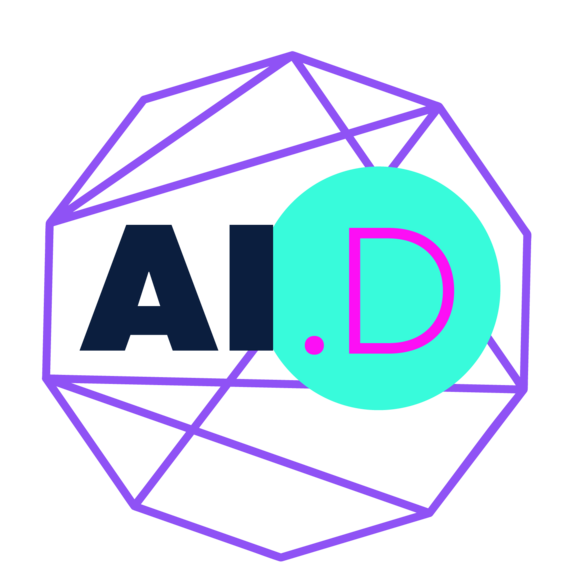
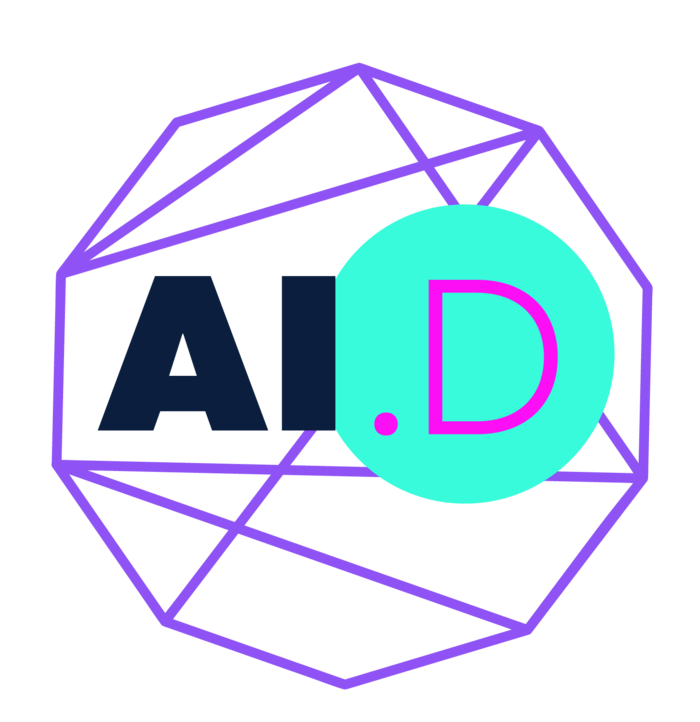
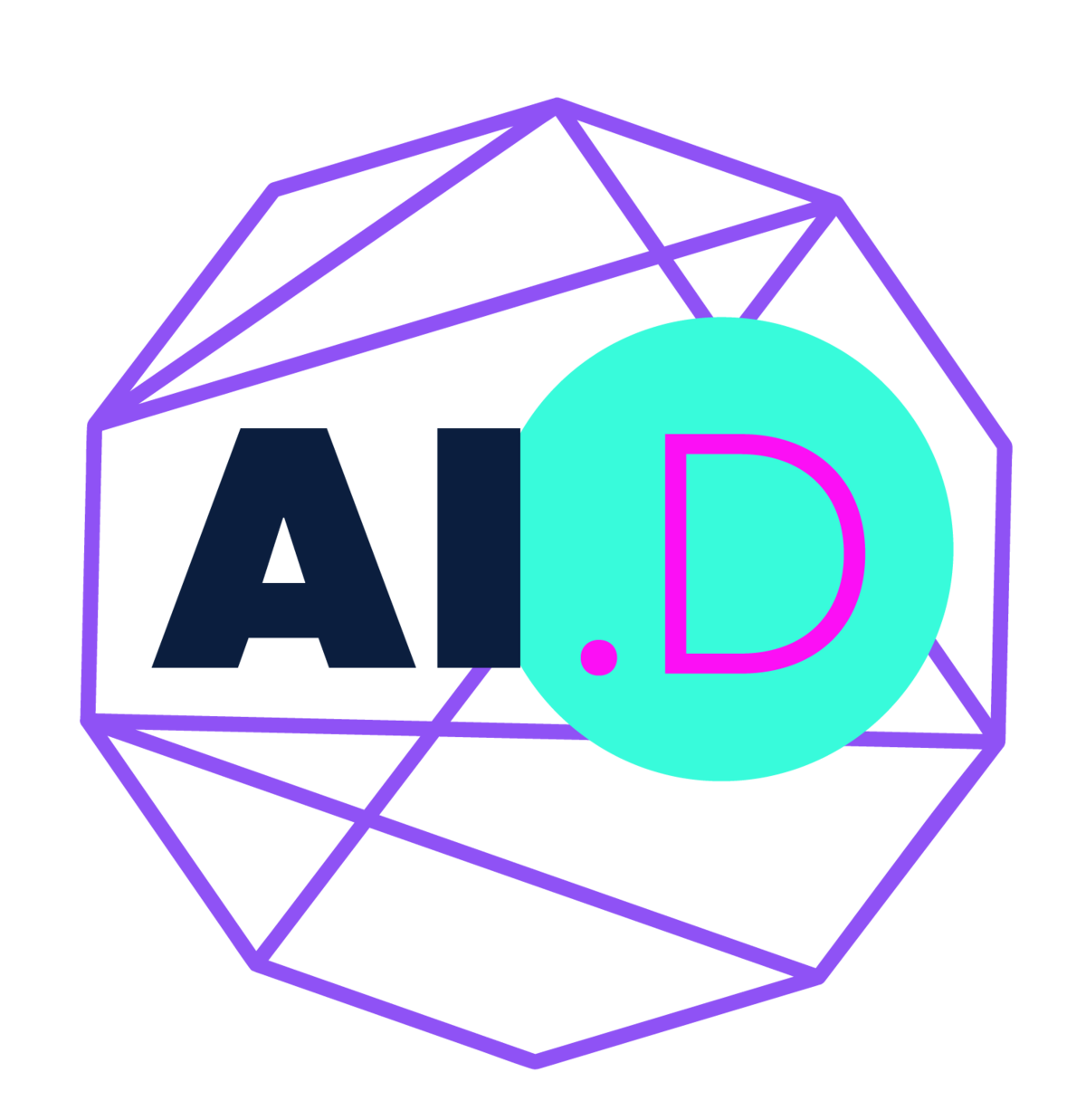
This Erasmus+-funded project addresses the challenges posed by the use of algorithms and automated decision-making systems (ADM) in society. The overarching aim of AI.D is to sensitise the public and thus create transparency for citizens: In which areas are AI technologies being used - and what benefits and risks are associated with them? The project contributes to the development of advanced digital skills, the promotion of full participation in democratic processes and the strengthening of critical thinking.
To this end, AI.D focuses on improving the digital competences of vocational school teachers and students and enabling them to understand and critically engage with AI and ADM technologies. Four animated videos and webinars will highlight specific areas of application of AI and ADM and help to promote informed discussions about the impact of AI and ADM. In addition, a training concept for teachers will be developed, consisting of three modules, didactic materials for use in the classroom and a train-the-trainer curriculum. Based on the project experience and the expertise of the consortium, policy recommendations for the use of "software for algorithmic decision-making" will be formulated at the end of the project, reflecting the perspectives of both the partner organisations and (vocational) students.
CONTACT
Project Manager
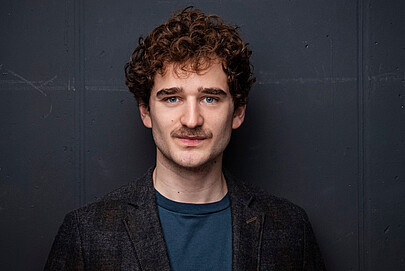
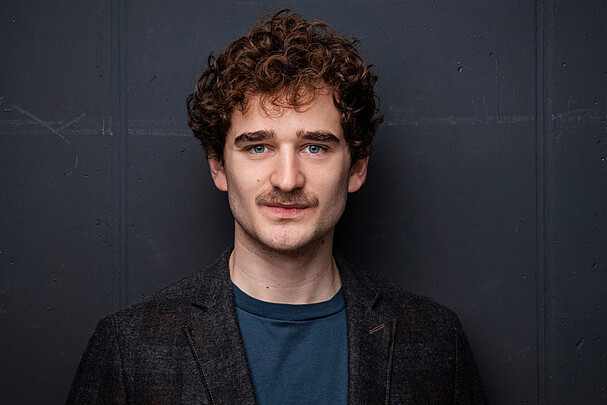


Project Lead
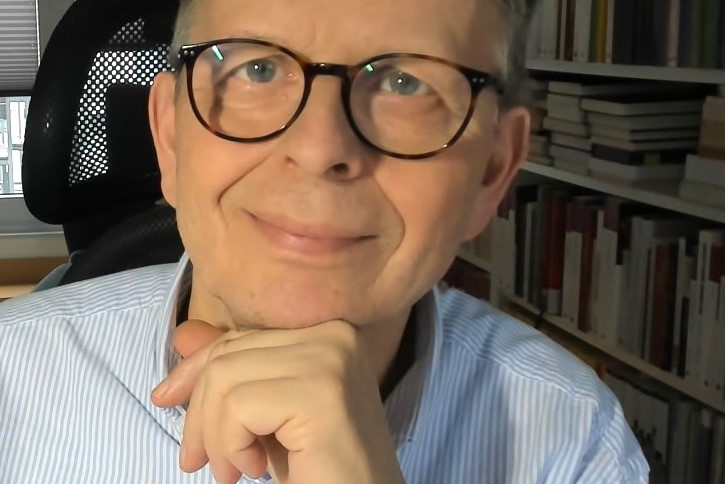
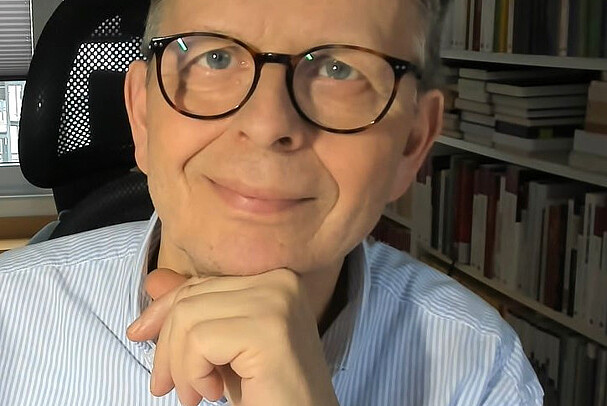
30167 Hannover


Project Supervisor
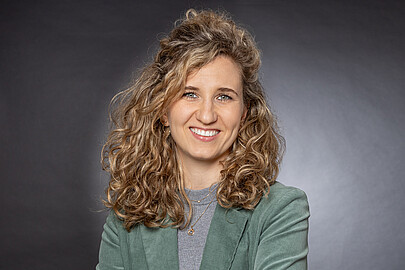
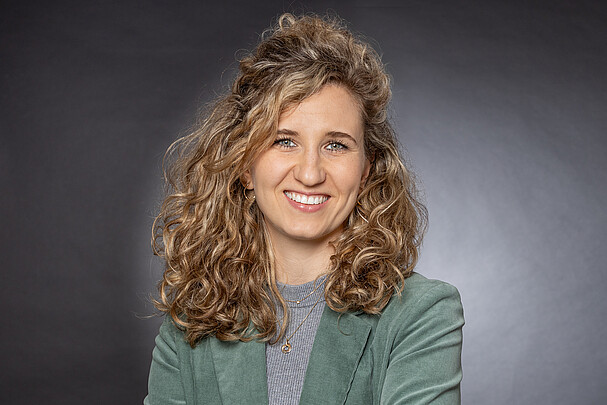
30167 Hannover


RESULTS
VIDEOS
Please note that activating the video will result in the transfer of data to the respective provider. Further information can be found in our privacy policy.
Play video
Fundamentals of AI
Please note that activating the video will result in the transfer of data to the respective provider. Further information can be found in our privacy policy.
Play video
Generative AI
Please note that activating the video will result in the transfer of data to the respective provider. Further information can be found in our privacy policy.
Play video
Impact on the Working Life
Please note that activating the video will result in the transfer of data to the respective provider. Further information can be found in our privacy policy.
Play video
Inclusive Artificial Intelligence
WEBINARS
NEWSLETTER
FLYER
NEWS & EVENTS
Meeting January 2025 Genk
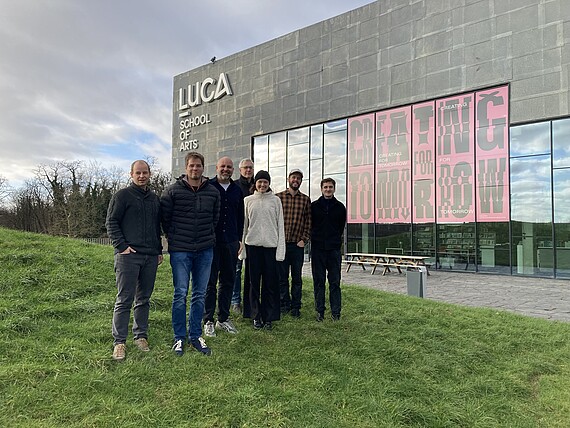

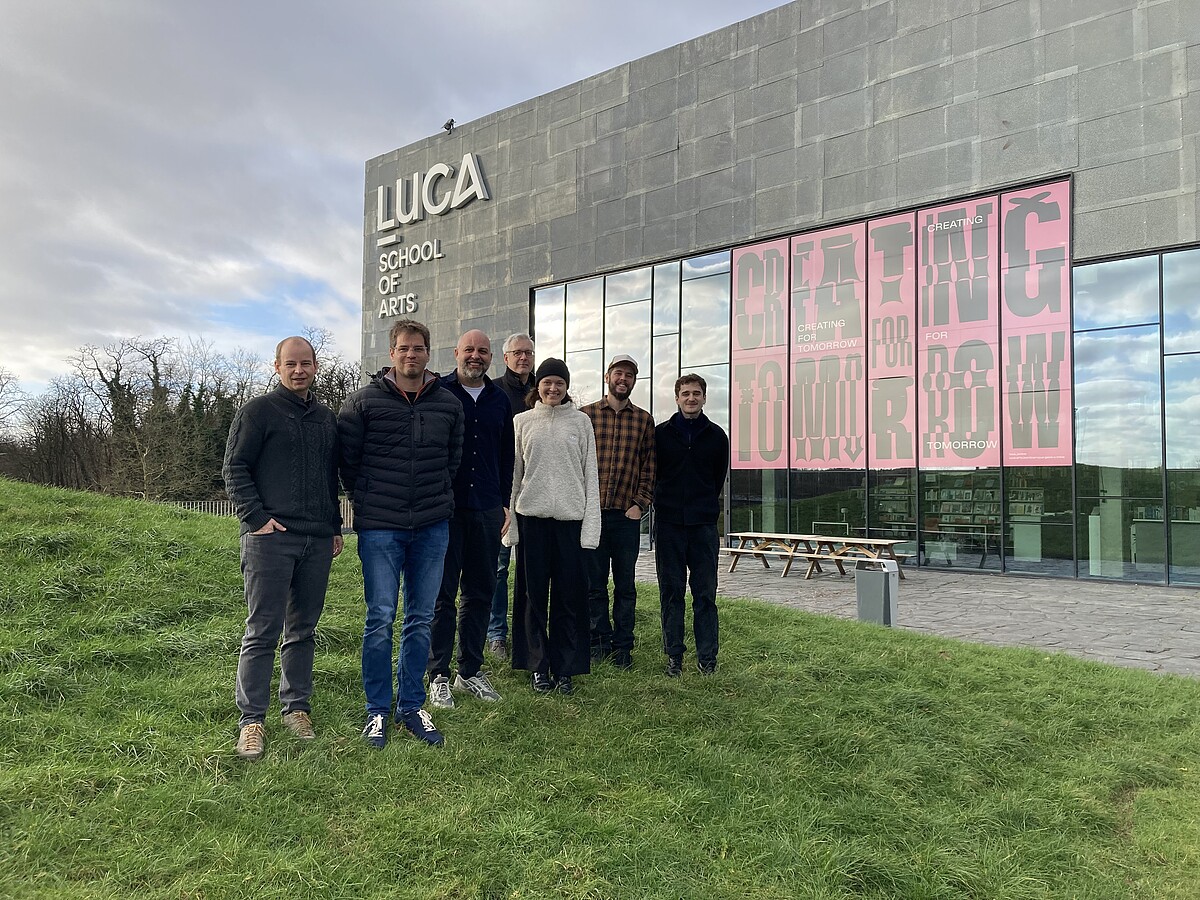
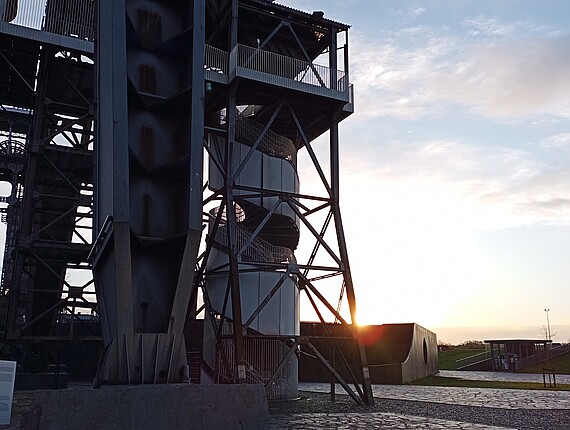
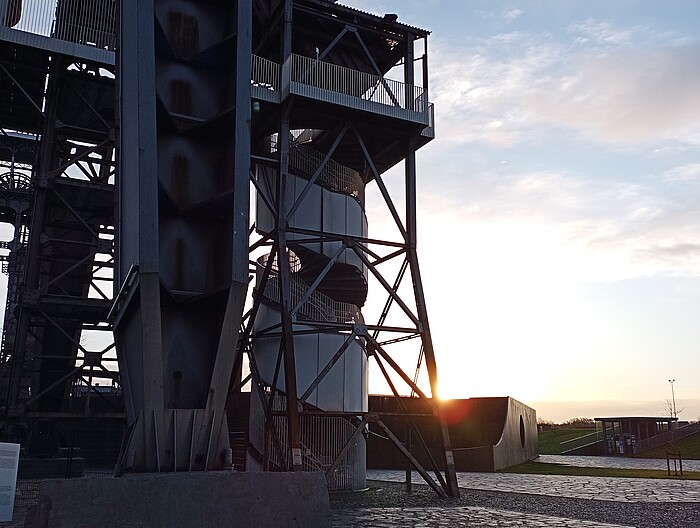
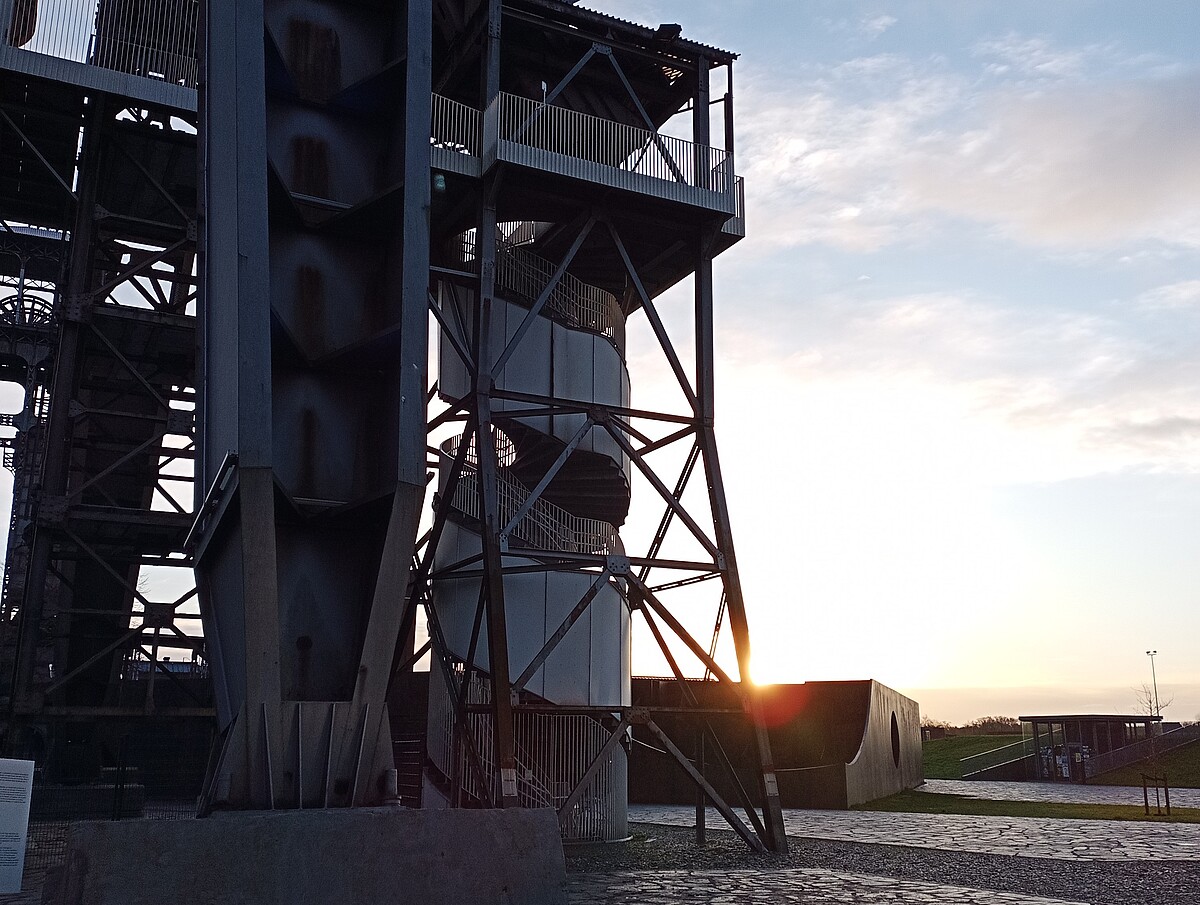
From 28th of January to 29th of January our second AI.D project meeting took place in Genk, Belgium, at the LUCA School of Arts. The meeting provided a valuable opportunity for collaboration, reflection and planning as we continued to develop our research and creative outputs.
The meeting included a tour of the LUCA campus, which is located in the Flanders region of Belgium. This gave participants the opportunity to explore the facilities and gain insight into the vibrant academic and artistic environment that serves as a backdrop for the visual work at AI.D.
The tour was followed by the productive phase of the meeting, during which the partners discussed the current progress and upcoming aims for AI.D. The meeting was characterised by a lively exchange of ideas, joint problem-solving and strategic planning.
Thank you to everyone who attended, contributed and helped to organise such a dynamic and beneficial meeting.
Kick-Off Meeting April 2024 Hannover
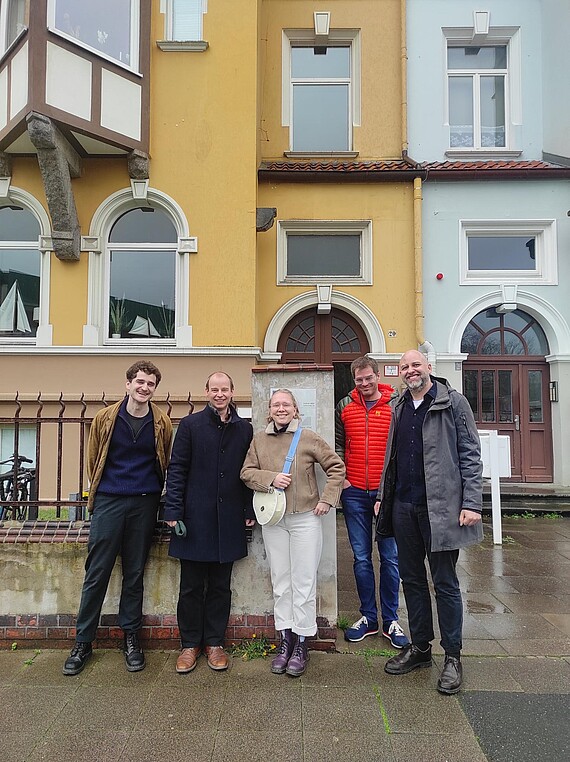

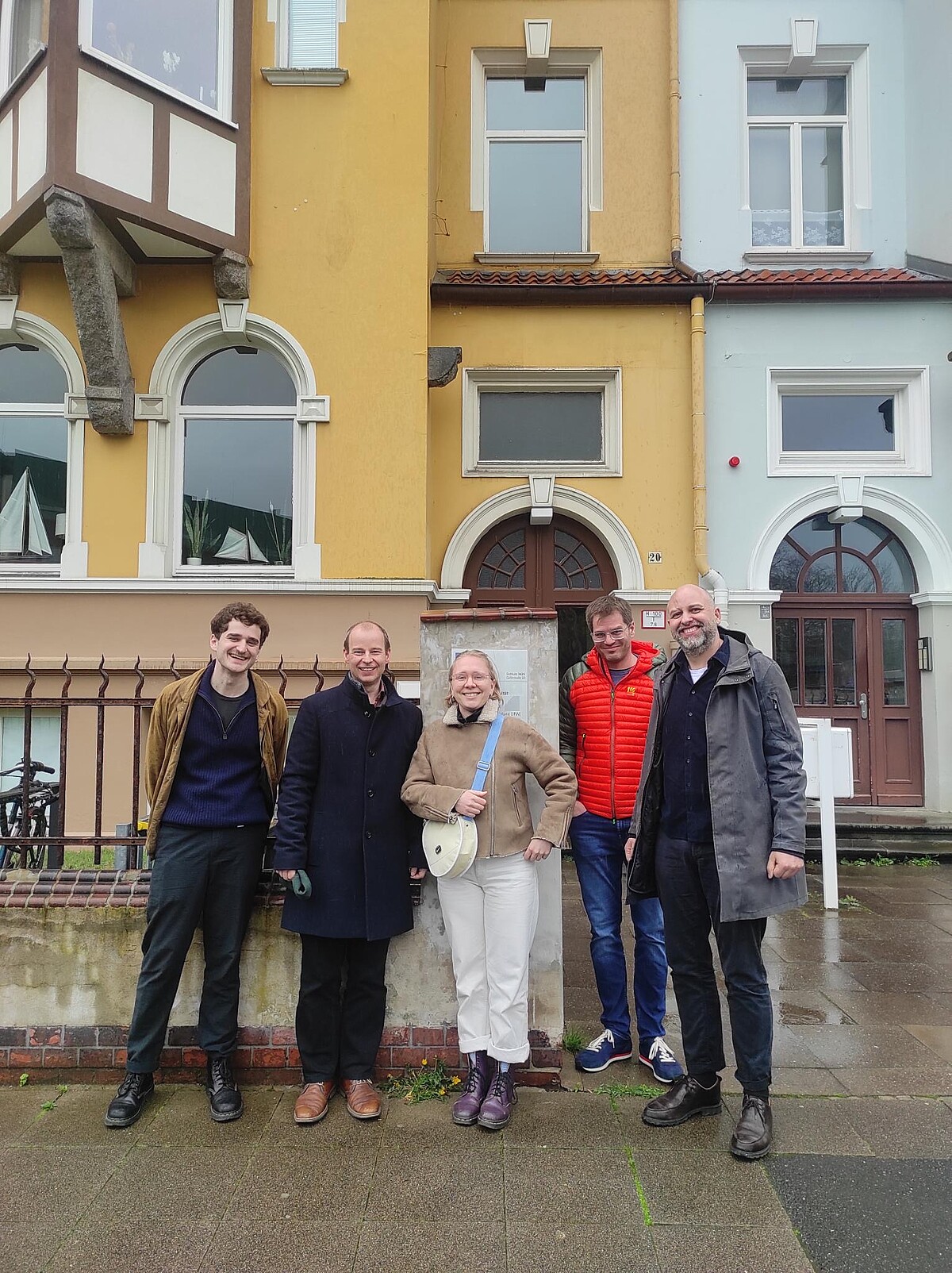
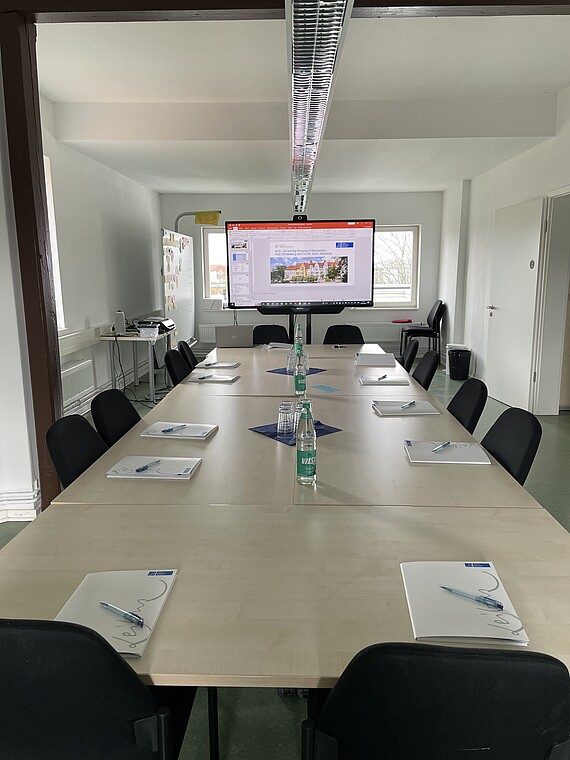
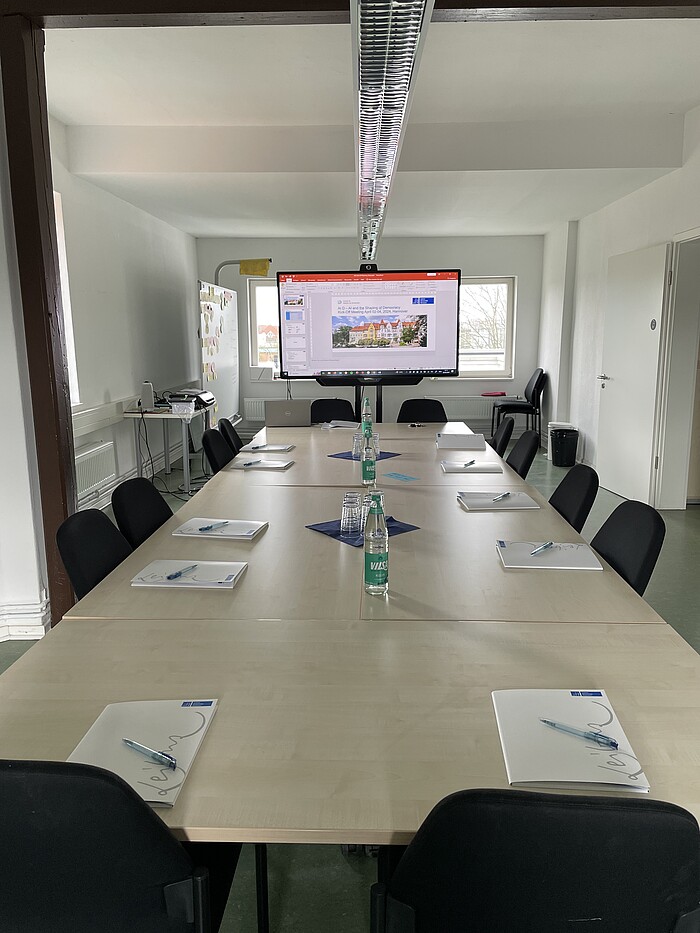
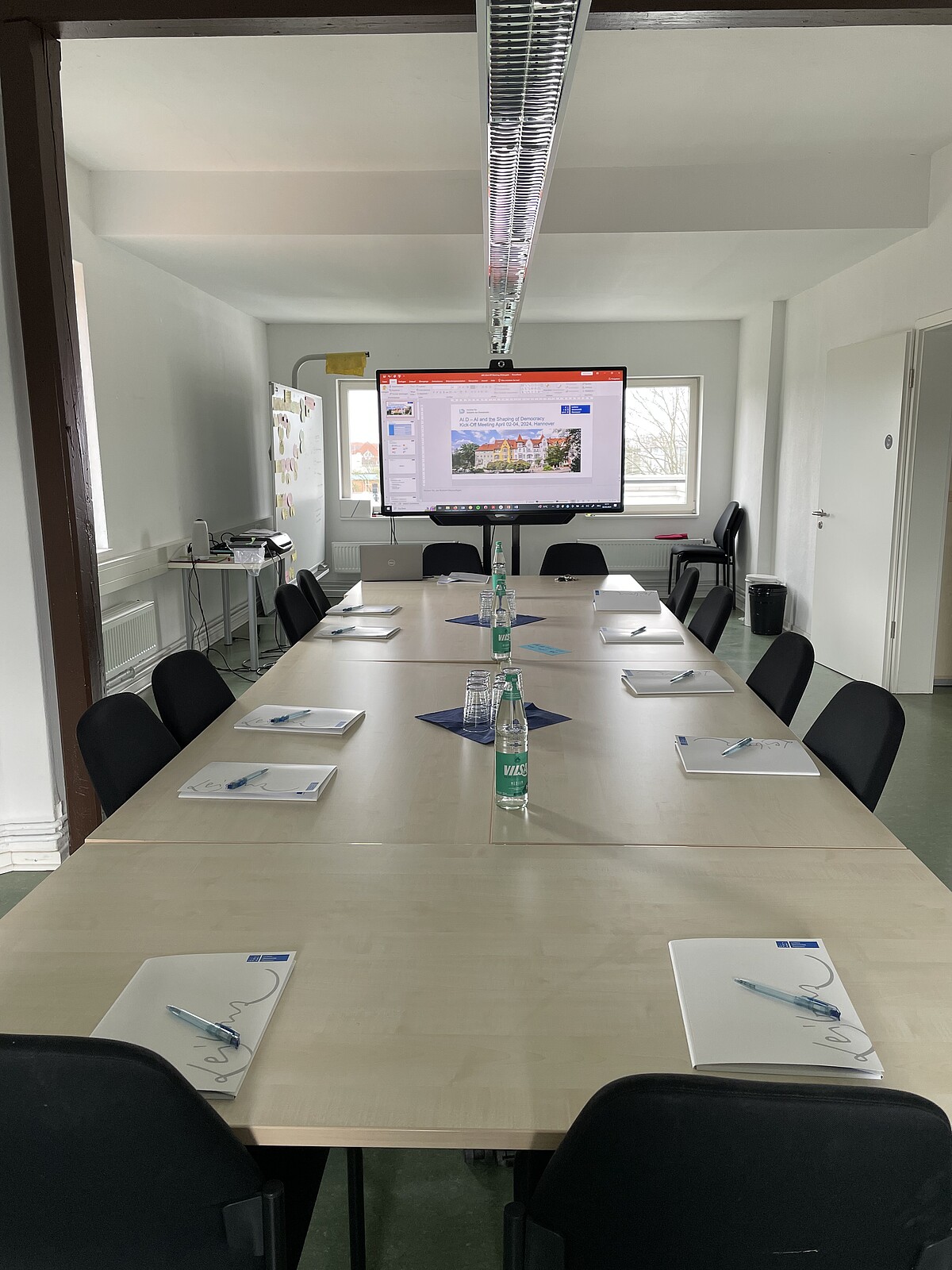
In April 2024, the Institute of Didactics of Democracy in Hannover hosted the AI.D consortium's Kick-Off Meeting, following an initial virtual project meeting in February. The gathering allowed all partners to meet in person, discuss the project's objectives, and begin work on the first deliverables over the span of two days.
The meeting started with the coordinator presenting the work plan and a comprehensive overview of the project's timeline. In subsequent workshop sessions, participants engaged in detailed discussions about the project goals and laid the groundwork for creating animated videos and online webinars.
The day's activities concluded with a city tour of Hannover and a partner dinner, fostering the collaboration among the consortium members.
ABOUT US
Project Consortium
-
Institute for Didactics of Democracy, Leibniz University Hannover
As a research institute, we focus on civic education on a national and international scale. Dealing with anti-democratic tendencies and the development of tools to challenge them is one of our core competences.
Within the AI.D-project, we take the role of the project coordinator and contribute decisively to the development of competencies of vocational teachers and students to expand their knowledge of AI and ADM as well as their general media literacy.
Website: https://www.idd.uni-hannover.de/de/
Contact Person: Lukas Fender
![]()
![]()
![]()
-
Arbeit und Leben e.V.
Arbeit und Leben is an institution for political youth and adult education. It is supported by the German Trade Union Confederation (DGB) and the German Adult Education Association (DVV). Its work focuses on political and social education.
With regional organisations in the federal states and over 120 local and regional institutions, Arbeit und Leben is represented nationwide. With its educational programmes, Arbeit und Leben creates opportunities to impart knowledge, promote judgement and encourage social participation. Arbeit und Leben organisations support and organise learning processes in workshops, seminars, international encounters, local initiatives and multi-year projects.
Arbeit und Leben aims to ensure that people's work and lives develop according to the premises of social justice, equal opportunities and solidarity with the goal of a democratic culture of participation.
Website: https://www.arbeitundleben.de/
![]()
![]()
![]()
-
Höhere Technische Lehranstalt (HTL) Wien West
The Höhere Technische Lehranstalt (HTL) Wien West is a technical upper secondary school and concludes with a school leaving examination and diploma. The main subjects are i nformation technology, electrical engineering, electronics and mechanical engineering. The courses are offered in day and evening form. There are around 1100 day students and 600 evening students at the school, taught by around 170 teachers.
As a vocational training center for teenagers and young adults, HTL Wien West has long addressed current issues of socio political development in its teaching. In particular, democratic processes and their significance play a central role. As a technical school, new developments in (information) technology are constantly present and influence the content and form of teaching at the school. For example, the topics of cloud computing, current frameworks for web development, network security, and machine learning are currently receiving increased attention. The area of machine learning is currently mainly represented in the form of student projects that deal with pattern and gesture recognition.Website: https://www.htlwienwest.at/#
![]()
![]()
![]()
-
Demokratiezentrum Wien
The Demokratiezentrum Wien (Democracy Centre Vienna) is an independent scientific institution focusing on democracy research and democracy education. Demokratiezentrum's empirical and theoretical research furthers scientific knowledge, strengthens democratic political discourse, and transfers outcomes into educational opportunities. Democracy is an open and dynamic process and must always be renegotiated in social and political cooperation. As a continuous process of learning and shaping, democracy requires conscious and active nurturing by citizens. As a form of government, society, and life, democracy is the starting point and objective of the Demokratiezentrum’s activities. Scientific research should also be applied and have a social impact. Demokratiezentrum Wien offers numerous practical services, information materials, and didactic suggestions that help to implement political education in a wide variety of ways and contexts.
Website: https://www.demokratiezentrum.org/
![]()
![]()
![]()
-
Austrian Academy of Sciences - Institute of Technology Assessment
The Institute of Technology Assessment (ITA) is a research facility of the Austrian Academy of Sciences (OeAW), a publicly funded independent research organisation. The OeAW is the leading Austrian non-university institution for science and research. The Academy stands for social discourse, the transfer of new knowledge and basic research at the highest international level. It has the statutory task of "promoting science in every respect". The Academy operates 26 research institutes in the field of innovative, application-orientated basic research in the humanities, cultural, social, and natural sciences. It provides impetus by taking up forward-looking research topics and assuming responsibility for the preservation and interpretation of cultural heritage.
The ITA studies the impact of new technologies on society, the environment and the economy. The results of its scientific work support policy-makers, administration and the public with regard to issues of technology policy, particularly in the EU (Commission and Parliament), the Austrian Parliament and ministries. The ITA carries out interdisciplinary technology studies with three aims:
- to explore the complex interplay between technology and society from multiple perspectives;
- to concomitantly analyse technology development;
- and to contribute to socially responsible technology policy by advising policy-makers and society.
The ITA is the central technology assessment (TA) research unit in Austria and a well-known actor within the European TA scene. Research at ITA covers a great variety of collaborative projects focusing on specific technology assessment topics, such as Artificial Intelligence, digital transformation, privacy & security technologies, synthetic biology, nanotechnologies etc. The ITA also contributes to TA method development, in particular participatory processes, as well as to creating and supporting the infrastructure of the cross-national TA community. Currently, the ITA has the following research areas:
- Digital technology, democracy, and society
- Emerging technosciences, values, and uncertainity
- Innovation, the environment, and sustainable futures
- Reflexive studies: methods, concepts, and frameworks of TA
- from the societal challenges of the Covid-19 pandemic to a TA in situations of crises
The ITA is an important gateway of the national and international technology assessment community. It is a founding member of the German-speaking Network TA (NTA) and a member of the network of European Parliamentary Technology Assessment (EPTA) institutions, and the international network globalTA. ITA staff members are engaged in many associations, some of thematic relevance and some subject-based, including the European Association for the Study of Science and Technology (EASST), the Sociology of Science and Technology NETwork (SSTNET) or the Austrian Society of Sociology (ÖGS).
Website: https://www.oeaw.ac.at/ita/en/
![]()
![]()
![]()
-
LUCA School of Arts
LUCA School of Arts is the largest higher education institution exclusively dedicated to the arts in the Flemish region of Belgium. It is a creative hub for almost 5,000 people: more than 4,000 students and 800 colleagues. LUCA offers them an educational and research environment to further develop their creative talent. We do this through higher education courses in the broad domain of the arts, and through artistic research, as an Associated Faculty of Arts at KU Leuven. LUCA School of Arts is a member of the KU Leuven Association and has campi in four cities: Ghent, Brussels, Leuven and Genk.
We believe that art and design has an impact on society and the world in many ways. Respect and integrity determine our basic attitude, we view diversity and sustainability as assets, and quality is our driving force.
We are currently working on the role of LUCA as an actor in society, on opening up our multi-campus reality into a network, on the evolution of the five original training institutes into a joint laboratory, and on responding to training and research questions from the outside world.
Website: https://www.luca-arts.be/en
![]()
![]()
![]()



Funded by the European Union. Views and opinions expressed are however those of the author(s) only and do not necessarily reflect those of the European Union or the European Education and Culture Executive Agency (EACEA). Neither the European Union nor EACEA can be held responsible for them.
Project Number: 2023-1-DE02-KA220-VET-000165375


The project "AI.D - Artificial Intelligence and the Shaping of Democracy” was funded by the Civic Innovation Fund (CIF), a unique European pooled fund of THE CIVICS Innovation Hub. CIF is supported by the King Baudouin Foundation.
